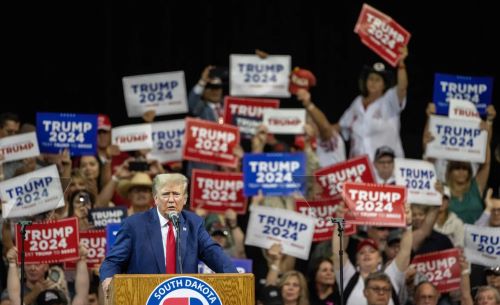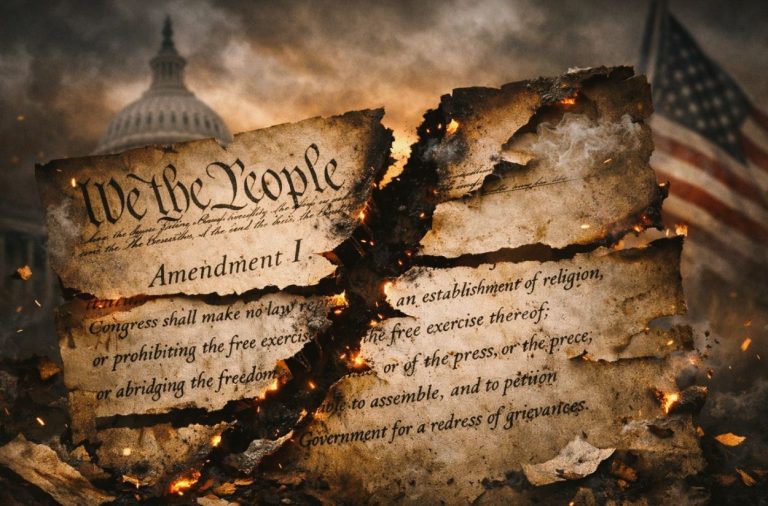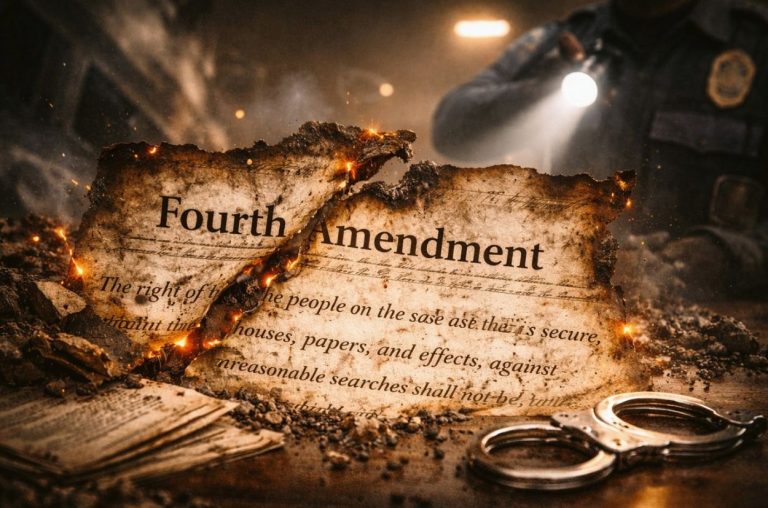

The 14th Amendment was ratified in 1868, following the Civil War.

By Rachel Treisman
Associate Editor/Social Media & Digital Writer, Morning Edition
NPR
A little-known provision of the U.S. Constitution is at the center of a growing debate about former President Donald Trump’s eligibility for the 2024 election, with a number of Trump opponents claiming it should prevent him from appearing on ballots next year.
The 14th Amendment was ratified in 1868, following the Civil War, and its Section 3 essentially disqualifies from office anyone who engaged in “insurrection or rebellion” against the U.S.
It was designed to prevent former Confederate leaders from serving in Congress, and got the most use in the decade or so after the war, says James Gardner, a professor at the University at Buffalo School of Law who specializes in constitutional and election law.
It’s rarely been discussed — let alone invoked — since.
“Until recently, nobody would have said that there was even a real chance of a sort of a rebellion or insurrection against the United States of the kinds the amendment would deal with,” Gardner tells NPR. “Now is certainly the most important context to which the provision is relevant since the 1870s.”
That’s because of Trump’s efforts to overturn his 2020 election loss, and the events of Jan. 6, 2021, when Trump supporters stormed the U.S. Capitol to try to stop Congress from certifying the results.
Liberal groups have since tried unsuccessfully to apply the amendment to block several well-known Republican members of Congress from running for reelection over their involvement in Jan. 6.


